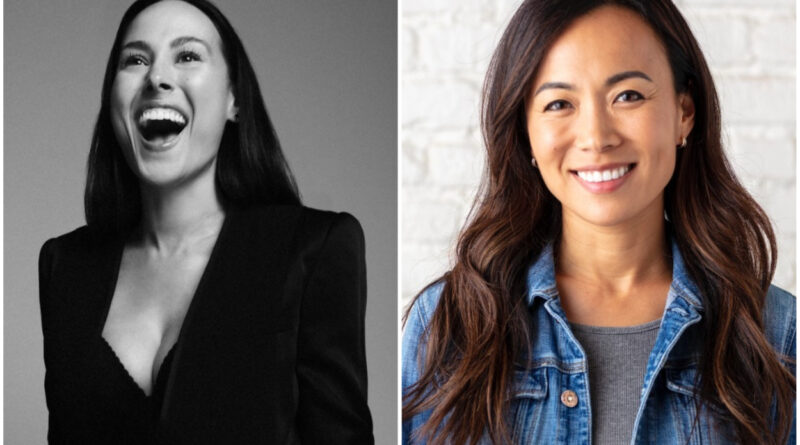Kamala Harris’ Niece and Helen Min Close $6M Fund for VC Firm
Of course this woman is about her business. She’s U.S. Vice President Kamala Harris‘s niece.
Lawyer and author Meena Harris and her investment partner, former marketing leader Helen Min have already closed a debut early-stage-focused fund of $6 million after starting their venture firm, Phenomenal Ventures.
According to TechCrunch, the investor duo’s VC firm closed with investments from 776, Tribe Capital, Slow Ventures, a fund that included investments from founders from tech companies including Dropbox, Quora, and Pinterest.
With the new fund, Phenomenal Ventures is capable of participating in pre-seed to Series A rounds, averaging out to $100,00 to $500,000.
The duo has already invested in 13 companies, with nine built by underrepresented founders.
“Every company that Meena and I have worked for — as startups employees at Facebook, Slack, Dropbox, Uber, Plaid, Quora, AngelList, they are literally all by non-underrepresented founders — our networks very much reflect those companies and the networks we were a part of for so long,” Min said.
The former Facebook employees bonded over their work in tech and materialized the idea for their joint VC firm in 2021. Min said the funding for their VC firm took about a year.
“There are funds of all sizes still being raised, we know that there’s money out there that is still being deployed and raised, but not many of them are led by solo GPs — even fewer are led by women, let alone women of color, or people like us who are women of color and aren’t career venture capitalists,” Harris said.
“I think that’s a big surprise to people because we are women, and then the Phenomenal brand and just sort of its history,” Min said. “But we’re really focused on things that will have venture-like returns,” Min said.
Reportedly, nearly half of the fund’s investors self-identify as women, and 12% as Black.
“With venture, and doing it at this scale, you have the ability to make an impact with your LPs, GPs, founders or portfolio companies down to employee culture and the end users that they serve,” Harris said.

